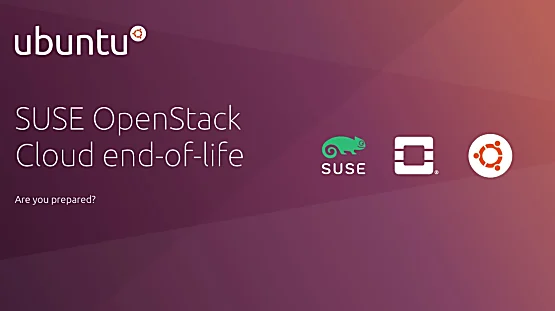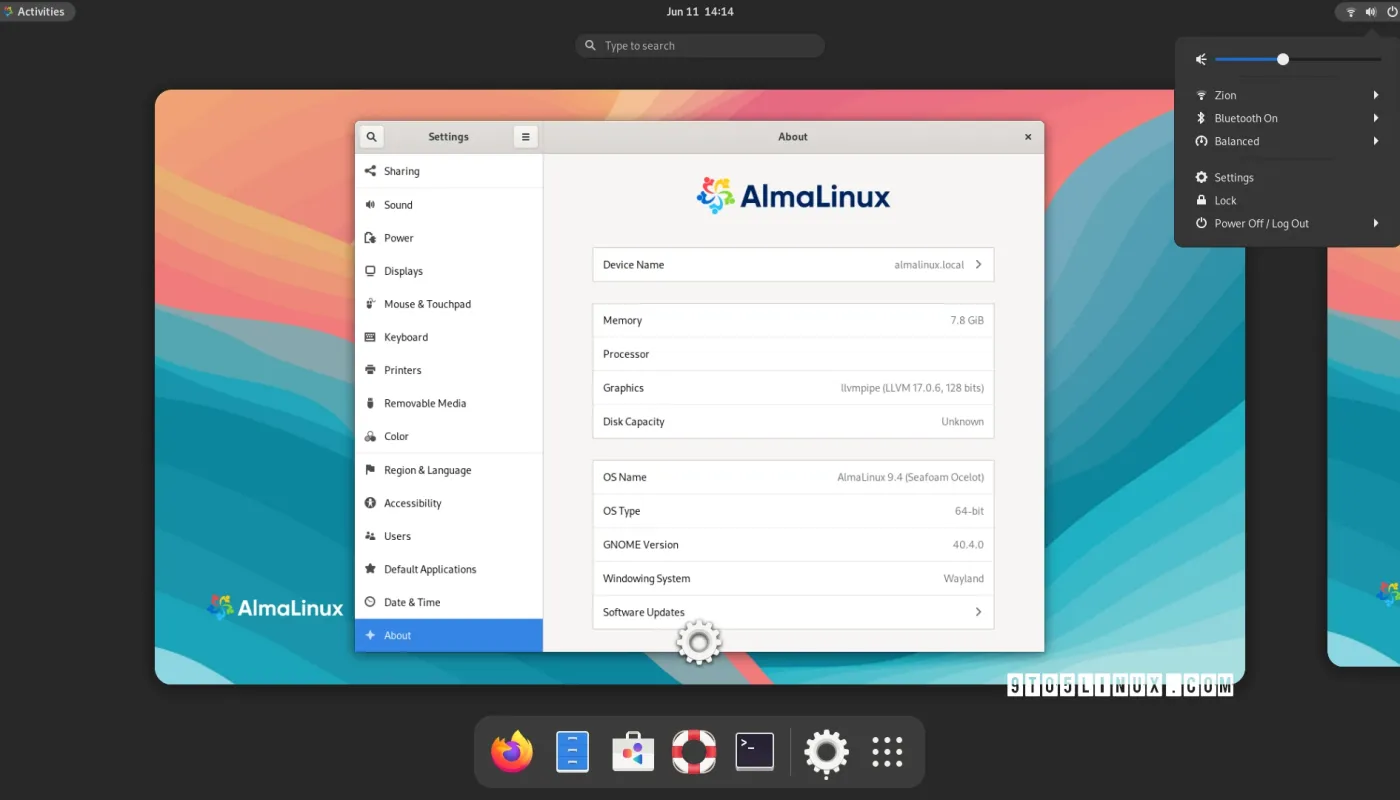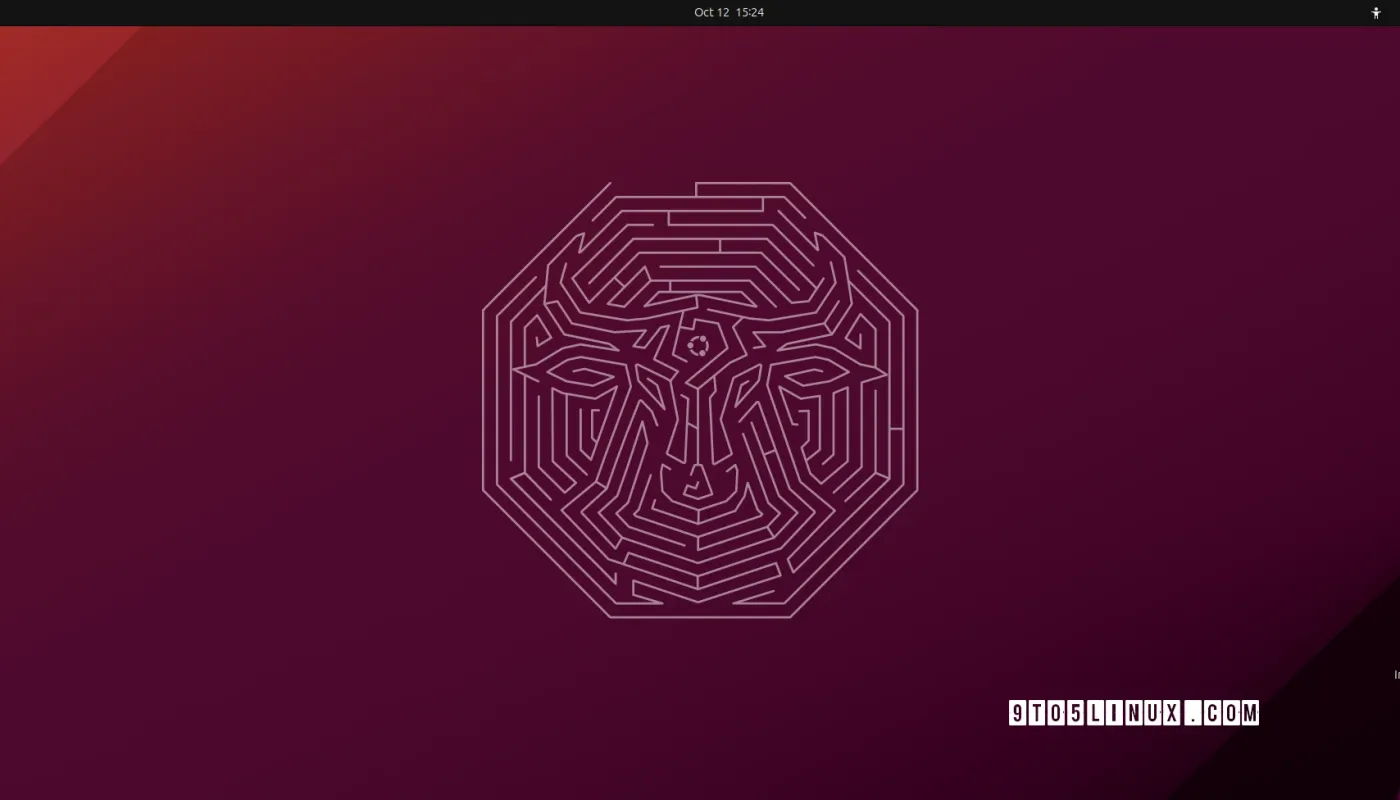AlmaLinux OS Now Officially Supports the Raspberry Pi 5 Computer
AlmaLinux developer Koichiro Iwao shared some exciting news today for those who want to run the free Red Hat Enterprise Linux alternative on a Raspberry Pi computer as the latest Raspberry Pi 5 model is officially supported.
It’s been a long time coming and it’s also been challenging for the devs, but Raspberry Pi 5 support is finally here for both AlmaLinux OS 9.4 and AlmaLinux OS 8.10 releases, featuring the GNOME desktop environment as the default graphical interface.
Koichiro Iwao explains the challenges he had to face when updating the Raspberry Pi images of AlmaLinux OS to support the latest Raspberry Pi 5 board, saying that he had to learn the Raspberry Pi boot process to build a kernel for AlmaLinux OS based on the official Linux 6.6 LTS kernel used in Raspberry Pi OS.
“Although I had previously contributed to AlmaLinux Raspberry Pi images, I didn’t know much about the boot process. It took considerable time and effort to successfully build a kernel on my ARM environment, overcoming failed builds and boot issues along the way,” said Koichiro Iwao in a blog post.
Another challenge Koichiro Iwao had to face when adding Raspberry Pi 5 support was understanding the differences between the previous Raspberry Pi 4 model and the Raspberry Pi 5. In the end, he successfully rebased the kernel to boot the RHEL-based operating system on the Raspberry Pi 5.
If you want to take AlmaLinux OS for a test drive on your Raspberry Pi 5 computer, either just by using the beautiful GNOME desktop for your daily tasks or deploying a powerful Linux server, you can download the images right now from the official website.
The Raspberry Pi images are also supported on Raspberry Pi 4 Model B, Raspberry Pi 400, Raspberry Pi 3 Model B+, and Raspberry Pi 3 Model A+ boards. AlmaLinux OS for Raspberry Pi uses Wayland as the default session for the GNOME 40.4 desktop using username and password almalinux.
Comments (0)
Related Posts

SUSE OpenStack Cloud reaches the end of life
Author : Kray
Popular Posts



